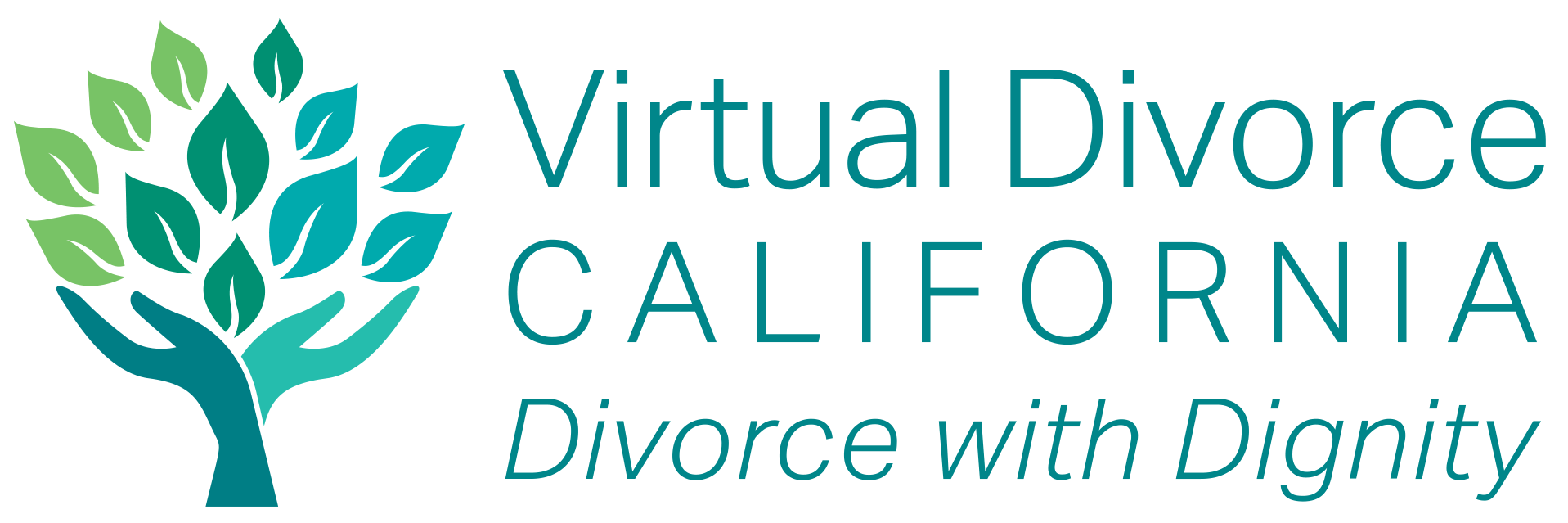
Slow and Steady Wins the Race: Using a Consensual Dispute Resolution (CDR) process for your Divorce can save you time and money, while reducing your conflict and distress.
As people go through a divorce, they often want to “rip the Band-Aid off” and get the stress and pain of divorce over quickly. Unlike litigation, mediation and collaborative divorce processes are inherently more efficient and faster, while also allowing you the time needed to carefully navigate your divorce, without the pressure of court deadlines. Consensual Dispute Resolution (CDR) options, such as mediation and collaborative divorce, offer clients the space to pause, with numerous benefits including:
1. A Healing Path Forward: Divorce is usually a challenging legal, financial and emotional process. Giving yourself time to process your thoughts and feelings about the end of your marriage can better prepare you to let go and move on. If you rush the process without deliberate reflection, you may rob yourself of the opportunity to fully address what the end of your marriage means to you and your children. Without reflection and understanding, the meaning you’ve ascribed to the end of your marriage can unintentionally dictate the nature of your forward movement – future thoughts, feelings and behaviors that may, or may not, allow you to start anew. With collaboratively-trained professionals, both mediation and collaborative divorce processes provide the option to include a co-mediating licensed mental health specialist, a “divorce coach.” Coaches support your learning the missing skills that can redirect your thoughts and energies in new, carefully considered and desired directions.
2. Financial Stability: Rushing your divorce often leads to hasty financial decisions that may not serve your long-term, best interests. Only by taking your time, can you thoughtfully assess and weigh your financial variables, and develop a prudent, realistic and sustainable plan for your financial future.
3. Effective Decision-Making: When you push to rush a divorce, you risk making decisions based on emotional reactivity rather than calm reasoning. Making well-informed decisions that serve you (and any children you may have) requires a willingness to pause and take stock. Before making a decision, time is needed to consider relevant information from various sources, to assess challenges from different perspectives and to gage your various possible responses. By taking your time to consider your options, you are more likely to make informed decisions that will serve you well into the future.
4. Satisfying Results: In an adversarial court context, a judge ultimately forces divorce decisions when couples or their attorneys are unable to agree. The court schedule usually requires significant delays when you must come before a judge several times to resolve your divorce matters. In contrast, mediation and collaborative divorce focus on facilitating effective conversations between clients to help them arrive at mutual agreements. While CDR processes also take time, the time spent aims for mutually acceptable agreements, with couples working through challenges together. Open, respectful dialogue has time to take root. When you invest your time in a CDR process, you are far more likely to be satisfied with final divorce outcomes and agreements are usually more enduring. When you’re unwilling to invest this time and you opt for court-imposed outcomes, forced outcomes leave most couples dissatisfied and can result in one spouse contesting the results.
5. Reduced Conflict & Costs: Divorce can be a contentious, anxiety-producing process. Couples are rarely at their best. Time pressure, rushing and pushing for results all increase anxiety and distress that make you both more emotionally reactive. Emotional reactivity escalates conflict. Regardless of the divorce process you choose, conflict always increases your costs. By taking your time to regulate your emotions, communicate diplomatically and work through your issues constructively, you can avoid the need for more costly professional intervention, and costly, time-consuming and stressful court hearings and legal battles.
6. Respectful Co-parenting: Children suffer serious, harmful effects from ongoing exposure to toxic levels of co-parenting conflict. You and your spouse need to be skilled enough to hit the “pause button” on the impulse to react emotionally and to communicate aggressively. Again, “taking pause” matters when you have different views, needs and desires. To avoid continued strife and suffering for you and your children, CDR divorce processes prioritize time to train up emotion-regulation, communication and parenting skills. Skills are learned and rehearsed as you work together to create a parenting plan that serves your own and your children’s wellbeing — if you’re willing to take the time needed to set the stage for a healthier co-parenting environment for you and your restructured family.
Divorce is a significant and distinctly human life crisis with a myriad of challenges. If to avoid pain and suffering you rush and push to get through these challenges, you risk getting to the divorce finish line bereft. Time is required for the growth and learning needed to create balanced divorce outcomes that consider the wellbeing of all family members. Similarly, time is needed to learn to generate the respectful dialogue you and your children will need to avoid pain and suffering for years to come.
Kevin Chroman, Esq. and Christine Kerian, Esq. are experienced, compassionate family law attorneys, specializing in mediation and collaborative divorce. For their complete bios/contact information and to understand your Divorce Process Options, please review the VirtualDivorceCa.com website, and consider registering for our no-cost Divorce Options® and Q & A webinars.

Christine & Kevin are loving humans as well as remarkable and diligent family law attorneys. Always appreciate hearing their perspectives. Thank you!!